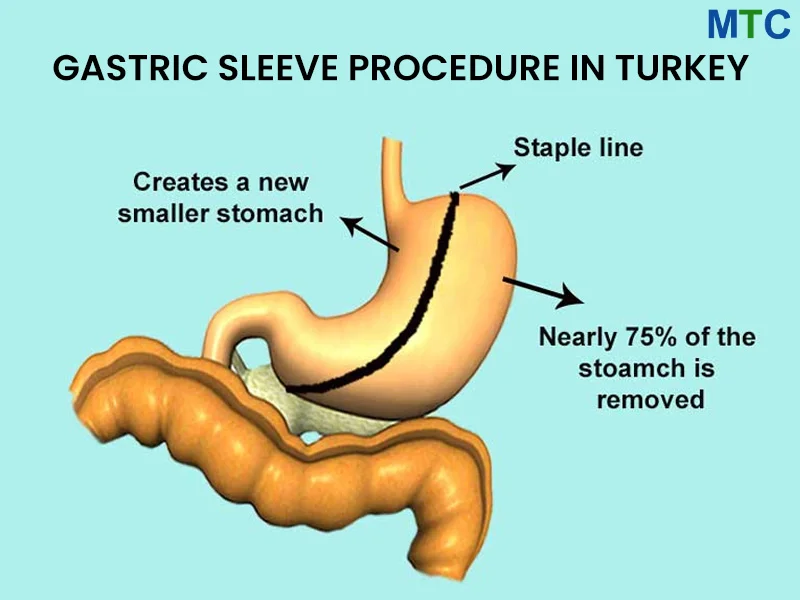Percocet is a prescription medication that contains two active ingredients: oxycodone, an opioid pain reliever, and acetaminophen, a non-opioid pain reliever and fever reducer. It is commonly prescribed to manage moderate to moderately severe pain, such as after surgery, injury, or medical procedures. The combination of these two components provides more effective pain relief than using either ingredient alone. However, due to the opioid component, there is a potential for addiction and misuse, making it important to use Percocet strictly as prescribed by a healthcare professional.
How long does Percocet stay in your system?
The duration that Percocet (oxycodone and acetaminophen) stays in your system can vary based on factors such as your metabolism, dosage, frequency of use, and individual body characteristics. As a general guideline:
- Urine: Oxycodone can be detected in urine for around 2 to 4 days after the last dose.
- Blood: Oxycodone can be detected in blood for about 24 hours after the last dose.
- Saliva: Oxycodone can be detected in saliva for approximately 1 to 4 days after the last dose.
- Hair: Oxycodone can be detected in hair follicles for a longer period, potentially up to 90 days or more.
It’s important to note that the presence of acetaminophen in Percocet is typically not as concerning in terms of drug testing or the potential for misuse. However, the oxycodone component, being an opioid, is the primary concern for detection and its potential effects.
Keep in mind that these are approximate estimates and individual variations can occur. If you have concerns about drug testing, recovery, or medication use, it’s recommended to consult a medical professional for accurate and personalized information.
Metabolism and Factors:
The duration that Percocet (oxycodone and acetaminophen) stays in your system can be influenced by various factors, including your metabolism, dosage, frequency of use, and individual characteristics. Here are some key points to consider:
- Metabolism: The speed at which your body metabolizes substances can vary. Faster metabolism can lead to quicker elimination of Percocet from your system.
- Dosage: Higher doses of Percocet can take longer to clear from your body compared to lower doses.
- Frequency of Use: Regular use of Percocet can lead to its accumulation in your body, potentially extending the time it takes to clear from your system.
- Body Composition: Factors such as your body mass index (BMI), body fat percentage, and overall health can impact how quickly substances are metabolized and eliminated.
- Liver Function: The liver plays a crucial role in metabolizing drugs. If you have impaired liver function, it may take longer for Percocet to be processed and eliminated.
- Age: Metabolism tends to slow down with age, which could affect how long Percocet remains in your system.
- Hydration: Staying hydrated can support the body’s natural detoxification processes and may impact the speed of drug elimination.
- Other Medications: Interactions with other medications you may be taking can influence the metabolism and clearance of Percocet.
Important Considerations:
While the presence of Percocet’s effects might diminish within a few hours, factors like detection for drug testing, withdrawal, and tolerance involve different time frames:
- Presence of Effects: The effects of Percocet, including pain relief and potential side effects, can start within about 30 minutes to an hour after ingestion and may last for around 4 to 6 hours. This is the period during which the medication is active in your body.
- Drug Testing: The detection time for oxycodone, the opioid component in Percocet, can vary depending on the type of drug test and factors like metabolism, dosage, and frequency of use. Detection times are generally as follows:
- Urine: Around 2 to 4 days.
- Blood: Typically within 24 hours.
- Saliva: Approximately 1 to 4 days.
- Hair: Potentially up to 90 days or more.
- Withdrawal and Tolerance: If someone has been using Percocet regularly and then stops or reduces their use, withdrawal symptoms can begin within hours to a day after the last dose. Tolerance to opioids can develop relatively quickly, often leading to a need for higher doses to achieve the same effect.
- Physical Dependence and Addiction: Physical dependence can develop with prolonged opioid use, potentially leading to withdrawal symptoms if use is suddenly stopped. Addiction, characterized by compulsive drug-seeking behavior despite negative consequences, can also occur with prolonged misuse of Percocet.
It’s important to emphasize that Percocet contains an opioid (oxycodone), which carries a risk of misuse, dependence, and potentially severe side effects. It should only be used under the guidance of a healthcare professional and in accordance with prescribed dosages. If you have questions or concerns about the use of Percocet, its effects, withdrawal, tolerance, or drug testing, it’s crucial to consult a medical professional for personalized advice and information.
Conclusion:
In brief, the duration that Percocet remains in an individual’s system varies due to factors like metabolism, dosage, and other individual characteristics. While general estimates exist for detection times in urine, blood, saliva, and hair, it’s essential to recognize the complexity of these variables. Above all, responsible use of Percocet, under medical guidance and adhering to prescribed dosages, remains crucial to ensure safety and minimize potential risks associated with its opioid component. If seeking accurate information or addressing concerns, consulting a healthcare professional offers personalized insights into the presence and effects of Percocet within the body.
Frequently Asked Questions:
Q: How long does Percocet stay in your urine?
A: Oxycodone, the opioid component of Percocet, can typically be detected in urine for about 2 to 4 days after the last dose. However, detection times can vary based on factors like metabolism and dosage.
Q: How long does Percocet stay in your blood?
A: Oxycodone is generally detectable in blood for approximately 24 hours after the last dose. Blood tests are more suitable for short-term detection.
Q: How long does Percocet stay in your saliva?
A: Oxycodone is usually detectable in saliva for around 1 to 4 days after the last dose. Saliva tests are often used for immediate or recent detection.
Q: How long does Percocet stay in your hair?
A: Oxycodone can potentially be detected in hair follicles for an extended period, sometimes up to 90 days or more. Hair tests are less common and provide a longer detection window.
Q: Can the presence of acetaminophen affect drug testing?
A: Generally, the presence of acetaminophen (the non-opioid component of Percocet) is not a major concern in drug testing. The focus is usually on detecting opioids like oxycodone.
Q: How does metabolism influence the duration of Percocet in the system?
A: Metabolism plays a significant role in how quickly Percocet is processed and eliminated from the body. Those with faster metabolisms may clear the drug more rapidly.
Q: Is there a risk of withdrawal or tolerance with prolonged Percocet use?
A: Yes, prolonged use of opioids like Percocet can lead to physical dependence, tolerance (needing higher doses for the same effect), and potential withdrawal symptoms upon discontinuation.





This site has helped me so much in more ways than one, and I am so appreciative of the hard working group managing all of it.
I’m very grateful to have found this site. very useful and helpful with my career.
Service is helpful in growing followers. Big Ups to the Developers!
A wonderful service which caters to the masses.